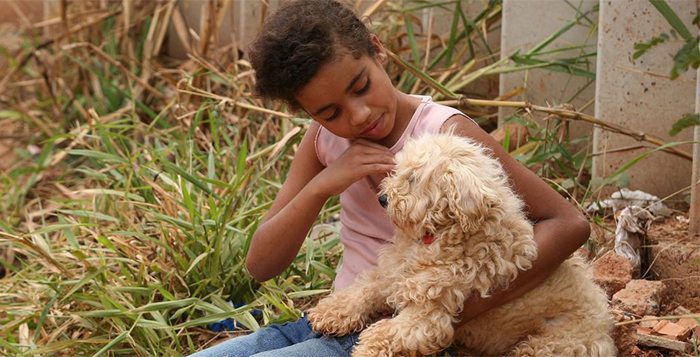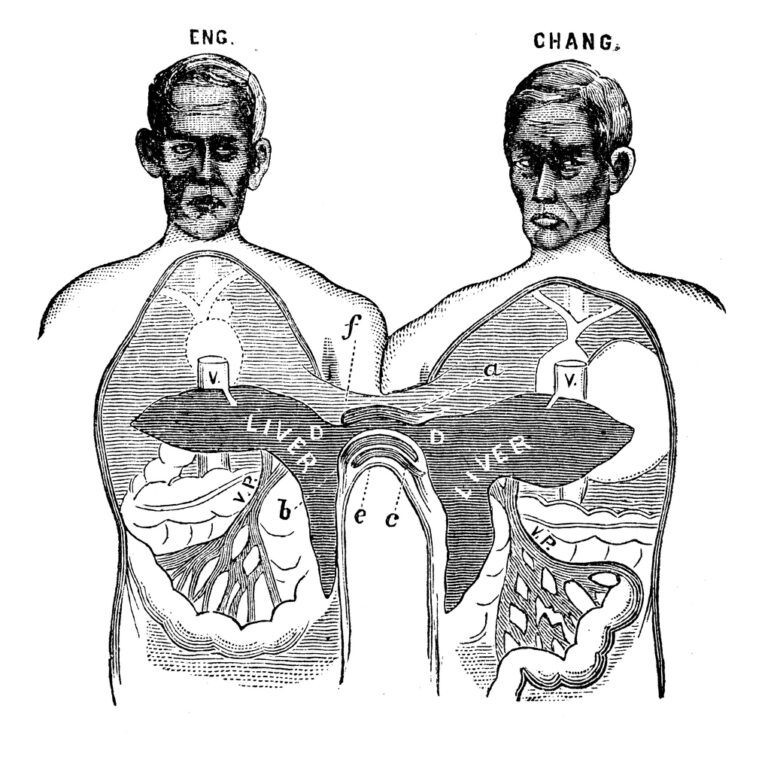Animal protection and welfare is an area many people are passionate about, veganism and illuminating issues relating to live exportation being two examples of recent concern. How did you become so passionate in the realm of animal protection and welfare?
I think wanting to protect animals is in my DNA! I come from a family that respects and cares about animals, and I feel this way myself. From volunteering at my local animal shelter as a student to being able to commit myself full-time to this important work, animals have always been ‘my thing’. Thinking about our dogs work specifically, what really moves me is the dogs I’ve seen that have never had a home or someone to love them, and that have suffered sometimes terrible hardship, but that still show kindness and hope … their tails are still wagging! It’s incredibly motivating to encounter such dogs and to know that I can help to create better lives not only for them, but also the communities in which they live.
What role does the human race play in protecting animals? Would you describe it as an obligation or more an ethically responsible choice?
I believe that animal protection is a fundamental part of a sustainable future for us all and that’s why I work for World Animal Protection. Look, for example, at the impacts of livestock farming on our environment, and at diseases that can be transmitted between animals and humans: we are all part of a bigger picture. In the same way, we can all play a part in protecting the future of animals (and ourselves), through making responsible choices, some of which we can do each day, from considering the production of foods that we buy from our local stores, to not supporting the use of animals in entertainment – by only seeing them in the wild, where they belong, when we go on holiday. Of course Mahatma Ghandi sums it up rather eloquently in one sentence when he says: “The greatness of a nation and its moral progress can be judged by the way its animals are treated.”
Speaking of your current project the World Animal Protection’s Better Lives for Dogs Campaign, why is work in this field so important?
The campaign in our (Asia Pacific) region so far has focussed on protecting dogs and people from rabies. Around 59,000 people each year die from rabies, and since it is mostly spread through dogs, even more dogs die – both directly from the disease, and as a result of cruel culls due to the fear of it. Our work is important because all of this suffering is avoidable. Rabies can be prevented through vaccination. People who have been exposed to the disease can be saved through post-exposure vaccination, as long as they seek help quickly. But this is a huge, ongoing cost. By vaccinating enough dogs, we can actually eliminate the virus at is source, through creating a barrier of immunity to stop it from spreading. The solution of mass dog vaccination that we are promoting is effective, humane and sustainable.
Rabies is a disease not discussed at length in Westernised media and hence people are often unaware or ill informed of its multitude of effects. What would you like people to know about the disease?
Rabies is a very dangerous disease – it can take weeks for symptoms to appear, but once they do, it is almost always fatal. However it is entirely preventable, through vaccination. Sadly, the people who die from rabies are often the most vulnerable – children who have been bitten while playing with dogs, and people who are not aware of, or cannot afford to obtain, the necessary treatment immediately after a bite. Killing dogs is not an effective way to control rabies. After a cruel cull, dog populations invariably recover, through the birth of puppies and through new dogs moving into the area to take advantage of the freed-up food sources. Because the new dogs are usually unvaccinated, culling can actually make the problem worse. I would like people to know that vaccinating dogs is a proven and sustainable solution to rabies, eliminating the virus at its source. And that the tragedy of rabies can be avoided, through building awareness and working with governments and communities to develop and implement sustainable, long-term solutions to end both human and animal suffering. 59,000 people die each year from rabies. 9,898,154 dogs are culled each year from fear of rabies and other conflicts. One death is one death too many when we can eradicate rabies through mass dog vaccination.
Although quite graphic, the killing of dogs in Asian countries is not an effective, long term or humane way to cease the transmission of rabies. How do you work to translate the importance of vaccination to local communities where language is a barrier?
We work at both a global and a local level to ensure we can deliver long-term sustainable solutions for the issue. At a local level, we work through our offices in different countries in the region, whose staff are mostly nationals of the country and can speak the local language/s. We also work with local partners (governments, business and other animal welfare organisations). At a global level World Animal Protection is also collaborating with the World Health Organisation (WHO), World Organisation for Animal Health (OIE) and the Food and Agriculture Organisation of the United Nations (FAO) to eliminate rabies without culling dogs by 2030.
Does the vaccination process bring with it any risks?
People directly involved with dog vaccinations (such as dog handlers and vaccinators) have more risk of being bitten than, say, the general public. But for the programmes with which we are involved, we mandate pre-vaccination of field staff and ensure that they are aware of the response protocols (wound washing and seeking immediate medical advice) in the event of a bite. In each team there can be four catchers/vaccinators, one vet and one recorder; that’s six people working seamlessly to protect the dogs and themselves and they do so with great precision. We are very proud of the people delivering our programmes out in the field.
Dogs have a right to live without suffering. What has been the overall response from governments in wanting to manage dog populations humanely? Why is the enlisted help of government bodies important?
Most of the governments with which we’ve worked are keen to manage dog populations and problems related to dogs. To ensure World Animal Protection always delivers long-term sustainable solutions we always seek to engage with Governments, in our overall approach, because that’s where legislation and policy changes can make a lasting and positive impact on the lives of millions of animals.
There have been no human rabies cases reported at the pilot projects where you’ve worked in China , since 2012 and in Zanzibar since 2013 – what an achievement. What is your hope for the future in seeing similar results ?
World Animal Protection knows from our experience in these and other locations that rabies can be successfully controlled and eliminated. There is a global goal to eliminate rabies by 2030 and the expertise that we’ve helped governments and other stakeholders to develop in dog vaccination and handling will be an important contribution to that. I am sure that through effective, humane and sustainable programmes such as those we promote, the lives of millions of animals, and the people they share their lives with, can be protected.
Devastatingly, 59 000 people die from Rabies each year. If one were to ask, “What can I do today to help decrease this number?” what would be the answer?
Help us with our winning work! $28 (NZD)can save 25 dogs and the people they share their lives with, from rabies. Together we can eradicate rabies and with it end unnecessary human and animal suffering.
Please go to:







